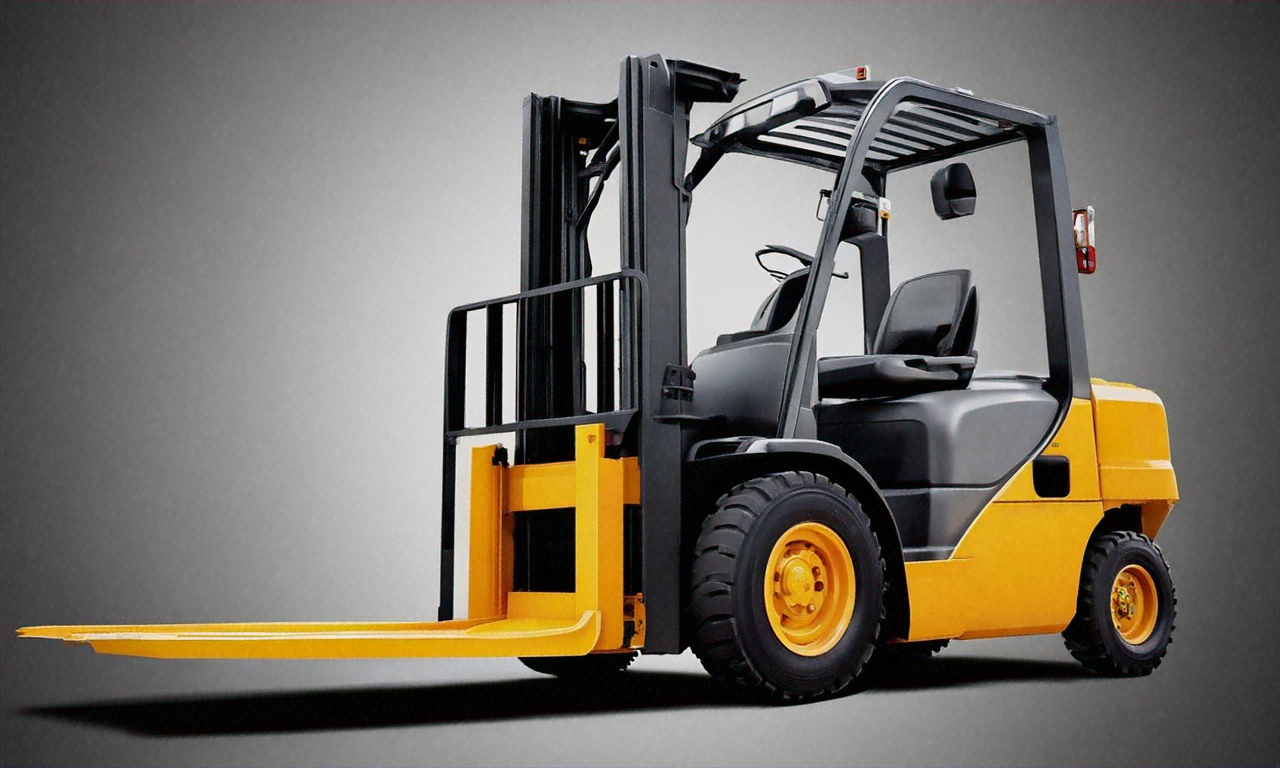Building a Career with Forklift Companies in Australia
The forklift industry in Australia offers substantial career opportunities across warehousing, logistics, construction, and manufacturing sectors. With the nation's growing e-commerce market and expanding industrial activities, skilled forklift operators find themselves in high demand across major cities and regional areas. Understanding the career landscape, training requirements, and growth potential helps job seekers make informed decisions about entering this stable employment sector.

Why Hiring Keeps Growing in the Forklift Industry
Australia’s forklift operator employment continues expanding due to several interconnected factors. The surge in online shopping has created unprecedented demand for warehouse workers capable of handling inventory efficiently. Major distribution centers operated by companies like Amazon, Woolworths, and Coles require experienced operators to manage high-volume operations across their facilities.
Construction projects throughout Australian cities also drive consistent demand for certified operators. Infrastructure developments, residential construction, and commercial building projects rely heavily on material handling equipment. Additionally, the mining sector’s ongoing operations require specialized operators familiar with heavy-duty equipment and safety protocols specific to industrial environments.
Government infrastructure spending and manufacturing sector growth further contribute to employment stability. The automotive parts industry, food processing facilities, and pharmaceutical companies maintain steady hiring patterns for qualified operators who understand workplace safety requirements and equipment maintenance procedures.
Day-to-Day Tasks and Responsibilities
Forklift operators perform diverse tasks depending on their specific workplace environment. Warehouse operations typically involve loading and unloading delivery trucks, organizing inventory according to systematic storage methods, and moving products between different facility areas. Operators must accurately read work orders, maintain detailed records of materials handled, and coordinate with supervisory staff to ensure efficient workflow.
Construction site operators focus on moving building materials, positioning heavy items according to project specifications, and collaborating with trade workers to support various construction phases. These roles often require understanding blueprint reading, weight distribution principles, and specialized attachment usage for different material types.
Manufacturing environments present unique challenges including precise placement of raw materials, supporting production line operations, and handling finished products according to quality control standards. Operators frequently interact with automated systems, electronic inventory management tools, and computerized tracking systems that monitor material movement throughout facilities.
Safety compliance represents a crucial daily responsibility across all sectors. Regular equipment inspections, hazard identification, and adherence to workplace safety protocols ensure both personal safety and regulatory compliance with Australian workplace standards.
Understanding Employer Expectations
Australian employers prioritize specific qualifications and personal attributes when hiring forklift operators. Valid certification through recognized training organizations remains the fundamental requirement, with many companies preferring candidates holding multiple endorsement classes covering different equipment types. High Risk Work Licenses issued by state authorities demonstrate compliance with national safety standards.
Experience levels significantly influence hiring decisions and compensation packages. Entry-level positions often provide on-site training for basic operations, while senior roles require demonstrated expertise with specialized equipment, inventory management systems, and supervisory responsibilities. Employers value candidates showing reliability, punctuality, and strong communication skills essential for team-based environments.
Physical fitness requirements include the ability to work extended shifts, perform manual lifting tasks, and maintain concentration during repetitive operations. Many positions involve shift work, weekend availability, and potential overtime during peak operational periods. Flexibility regarding work schedules often distinguishes successful candidates from less competitive applicants.
Technical competency expectations continue evolving with workplace modernization. Familiarity with warehouse management software, electronic logging systems, and basic troubleshooting skills increasingly influence hiring decisions. Some employers provide additional training for advanced systems, while others prefer candidates with existing technical knowledge.
| Training Provider | Course Duration | Certification Type | Estimated Cost |
|---|---|---|---|
| TAFE NSW | 1-2 days | LF Class License | $300-$450 |
| Skills Training Australia | 1 day | High Risk Work License | $280-$380 |
| Australian Training Solutions | 2 days | Multiple Class License | $450-$600 |
| Local Community Colleges | 1-3 days | Basic to Advanced | $250-$500 |
Prices, rates, or cost estimates mentioned in this article are based on the latest available information but may change over time. Independent research is advised before making financial decisions.
Career advancement opportunities within forklift companies often progress from operator roles to supervisory positions, equipment maintenance roles, or specialized technical positions. Many operators develop expertise in specific industries, becoming valuable assets for companies requiring detailed knowledge of particular operational requirements. Training in additional equipment types, safety certifications, and leadership skills supports long-term career development.
The Australian forklift industry provides stable employment with competitive wages, opportunities for skill development, and potential career advancement across multiple sectors. Understanding industry trends, maintaining current certifications, and developing additional technical skills positions operators for sustained success in this growing employment sector. Regional variations in demand and specialization requirements offer flexibility for operators willing to relocate or develop niche expertise areas.




